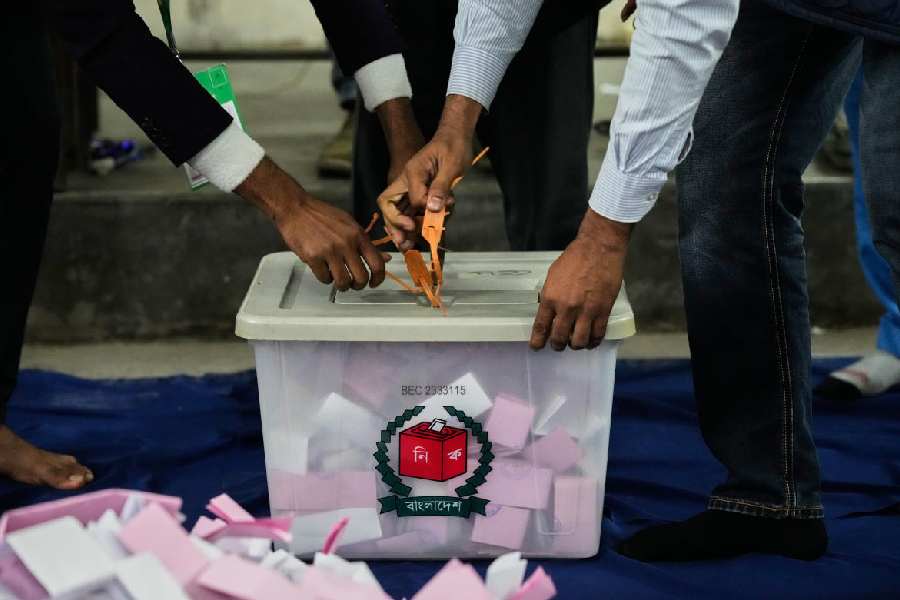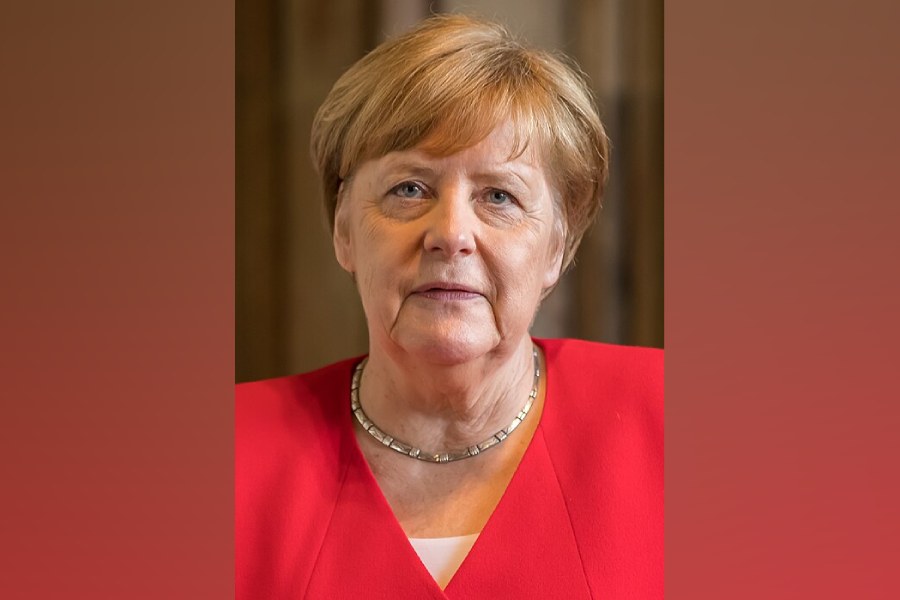 |
| Parts of the baby’s skeleton at Utkal University’s anthropology department. Telegraph picture |
Bhubaneswar, March 26: Anthropologists and archaeologists working at the Banga excavation site near Harirajpur on the city outskirts have today discovered the skeleton of a baby from a pot found there last year.
With this, the team working at the Neolithic-Chalcolithic-era (Copper Age) site has found three skeletons. While the first one was excavated in February last year, the second skeleton was excavated in March this year.
Utkal University anthropology professor K.K. Basa said skeletons and artefacts discovered from the site were about 3,500 to 4,000 years old.
“As the site is similar to another site at Golabai situated about 30km away, which was discovered in the early 90s, we assume that the artefacts found at both the sites belong to the same period,” said Basa, who was also a director of the Indian Museum, Calcutta and Indira Gandhi Rashtriya Manav Sangrahalay, Bhopal.
Veena Mushrif-Tripathy, an assistant professor in human skeletal biology at Deccan College, Pune, identified the skeleton as that of a baby, who was barely a week or two old. She said: “The team of students have discovered several tiny bones while examining the pots. The pots were brought to Utkal University from the site last year.”
She said that teeth on the lower jaw of the skeleton showed early stages of calcification. Forensic evidence can suggest the age of a person based on calcification. Radio carbon dating is the most reliable option to know the exact age of an excavated skeleton. However, for the radio carbon dating, test samples need to be sent to foreign laboratories with permission from the Archaeological Survey of India. It takes a long time.
To a question on the possibility of getting more skeletons from the mound near Banga, the expert said: “I have already suggested that that more excavations should be carried out for evidence which may throw light on the pre-urban settlements in coastal Odisha.”
On the nature of death of the baby, she said: “It will be too early to comment on that. However, the social condition of the settlement can be gauged from such evidence.”
The excavation at Banga was carried out under the direction of R.K. Mohanty, professor of archaeology at the Deccan College, Pune, K.K. Basa of Utkla University and Sunil Patnaik, secretary of the Odisha Institute of Maritime and South East Asian Studies.











